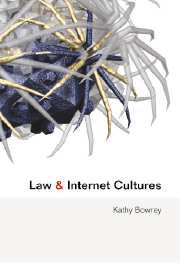Time: Monday, October 3, 2005, 09.00 – 17.00
Venue: Hammarskog Conference Centre, Uppsala
Registration: johan.hellstrom@kus.uu.se
More practical information Background material
Why is there no debate or no media reports in Sweden about the emerging and existing information society and Internet governance issues? Internationally, the discussion is at its peak, with the second phase of the World Summit on the Information Society (WSIS) coming up in November in Tunis. Sweden, being one of the countries with the highest Internet access rates and with the ambition to be a leading nation on information and communication technology (ICT) usage and development, should be more involved in the international debate and also more concerned about the implications of Internet governance and Internet usage for society at large.
One reason for the absent debate is the existing intellectual divide between ICT and Internet management experts on the one hand, and democracy and human rights experts on the other. Technologists know how information technology can be managed and manipulated – but show little interest in or do not understand the implications for democracy and human rights.
More background
Keynote Speakers
Avri Doria (USA/Israel). Member of the UN Working Group on Internet Governance (WGIG). Technical Consultant, Providence, Rhode Island, USA. Researcher at the School of Technoculture, Humanities and Planning, Blekinge Institute of Technology, Sweden.
Astrid Dufborg (Sweden). Special ICT Adviser, Ministry of Foreign Affairs, Sweden. Convenor of the UN ICT Task Force Working Group on Enabling Environment.
Mathias Klang (Sweden). Researcher in the field of access to technology and technology rights at the Department of Informatics, University of Göteborg. Responsible for Creative Commons in Sweden. Editor of the book “Human Rights in the Digital Age” (Glasshouse Press, 2005).
Website
http://www.kus.uu.se/en/activities/activities/20051003e.shtml



